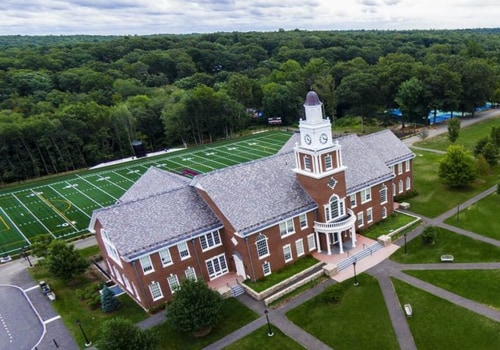The National Assessment of Educational Progress (NAEP) has previously reported that children attending private schools tend to have greater academic success than those attending public schools. It's easy to assume that private school students have an advantage over their public school counterparts, but the comparison is not entirely fair. It's like asking if a limousine is better than the subway. At first glance, some data appears to support this idea.
The National Association of Independent Schools and Gallup found that private school graduates are more likely to pursue higher education and attend selective colleges and universities. A recent study also showed that, overall, private school students performed better in almost every area of adolescence evaluated. However, this policy could reduce mobility since the creation of more middle and lower level private schools would not increase mobility, but would take away resources from public schools. If a parent is considering sending their child to a private school for academic reasons, the data may not be in their favor. Public schools can offer just as good an education as private schools, and there are some really good public schools in Australia.
The main difference between public and private schools is that the latter are almost exclusively academic, while the former offer a mix of academic, general and vocational programs. Researchers analyzed the data and backgrounds of more than 5,800 students born in 1990; they found that students in private schools were more likely to choose traditional subjects (i). There are certainly individual cases of poor children who attended private schools and achieved tremendous success. However, leading sociologists and education economists examined Coleman's data and concluded that the effect of private school was extremely small, if not non-existent. Most private schools are located on the east and west coasts; Connecticut has the highest proportion of private school students (17 percent) and Wyoming the lowest (1.5 percent).Private school teachers generally receive lower salaries due to the lack of unionization.
Private schools also tend to have less diversity among their faculty and require less education and experience from their teachers. Since private school attendees come from wealthier families, they tend to do better academically. Although there are many potential benefits associated with attending a private school, there are also some drawbacks. Data released by the National Association of Independent Schools (NAIS) and Gallup show that private school graduates perform better in the long term. To further analyze this association between enrollment in private schools and results in ninth grade, researchers conducted a study.



